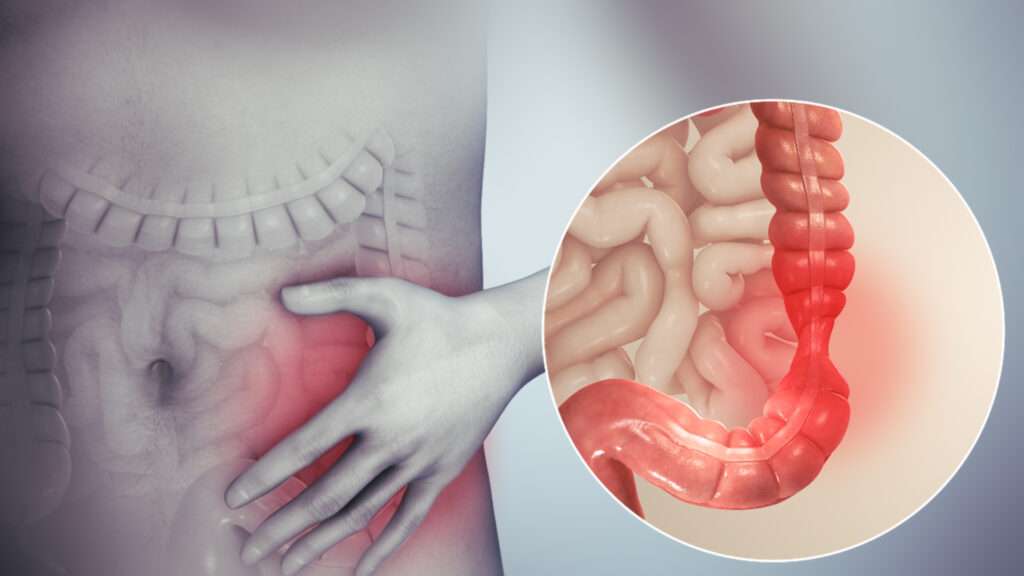
Healing skin acne involves a combination of proper skincare practices, a healthy lifestyle, and, in some cases, medical intervention. Acne is a common skin condition that can be caused by a variety of factors, including excess oil production, clogged pores, inflammation, and bacterial overgrowth. Here are some steps you can take to help heal and prevent acne:
1. Gentle Cleansing:
A good skincare routine begins with proper cleansing. Use a mild, fragrance-free cleanser to wash your face twice daily. Gently massage the cleanser into your skin, then rinse with lukewarm water. Avoid hot water, as it can strip your skin of natural oils.
2. Regular Exfoliation:
Exfoliation helps remove dead skin cells and prevent clogged pores. Incorporate exfoliation into your routine 2-3 times a week using a product with alpha hydroxy acids (AHAs) or beta hydroxy acids (BHAs). Be gentle to avoid over-exfoliating, which can irritate your skin.
3. Hydration:
Contrary to popular belief, moisturizing is essential for all skin types, even if you have oily or acne-prone skin. Use a non-comedogenic moisturizer to keep your skin hydrated without clogging pores.
4. Spot Treatment:
For active breakouts, consider spot treatments with ingredients like benzoyl peroxide, salicylic acid, or sulfur. These products target individual blemishes and help them heal faster.
5. Sun Protection:
Protect your skin from UV damage by applying a broad-spectrum sunscreen with at least SPF 30 daily. Some acne treatments can increase your skin’s sensitivity to the sun, so don’t skip this step.
6. Diet:
While more research is needed, some evidence suggests a connection between diet and acne. Consider reducing your consumption of high-glycemic foods (like sugar and processed carbs) and dairy products, as they may worsen acne in some individuals.
7. Stress Management:
High stress levels can trigger hormonal changes that lead to acne flare-ups. Incorporate stress-reduction techniques such as meditation, deep breathing, or walking into your daily routine.
8. Avoid Picking or Popping:
Resist the urge to pick, squeeze, or pop your acne lesions. These actions can worsen inflammation, lead to scarring, and spread bacteria.
9. Consult a Dermatologist:
If over-the-counter treatments don’t provide satisfactory results or if you have severe or cystic acne, it’s crucial to seek professional help. A dermatologist can recommend prescription-strength treatments tailored to your skin’s needs.
10. Consistency is Key:
Patience is essential when it comes to healing acne. Be consistent with your skincare routine and any prescribed treatments. It may take several weeks to see significant improvements, so stay committed to the process.
In conclusion, healing skin acne is a journey that requires dedication and the right approach. By following these steps and consulting with a dermatologist if necessary, you can achieve clearer, healthier skin. Remember that what works for one person may not work for another, so customize your skincare routine to suit your unique skin type and acne severity. With time and persistence, you can say goodbye to acne and hello to a brighter, more confident you!




